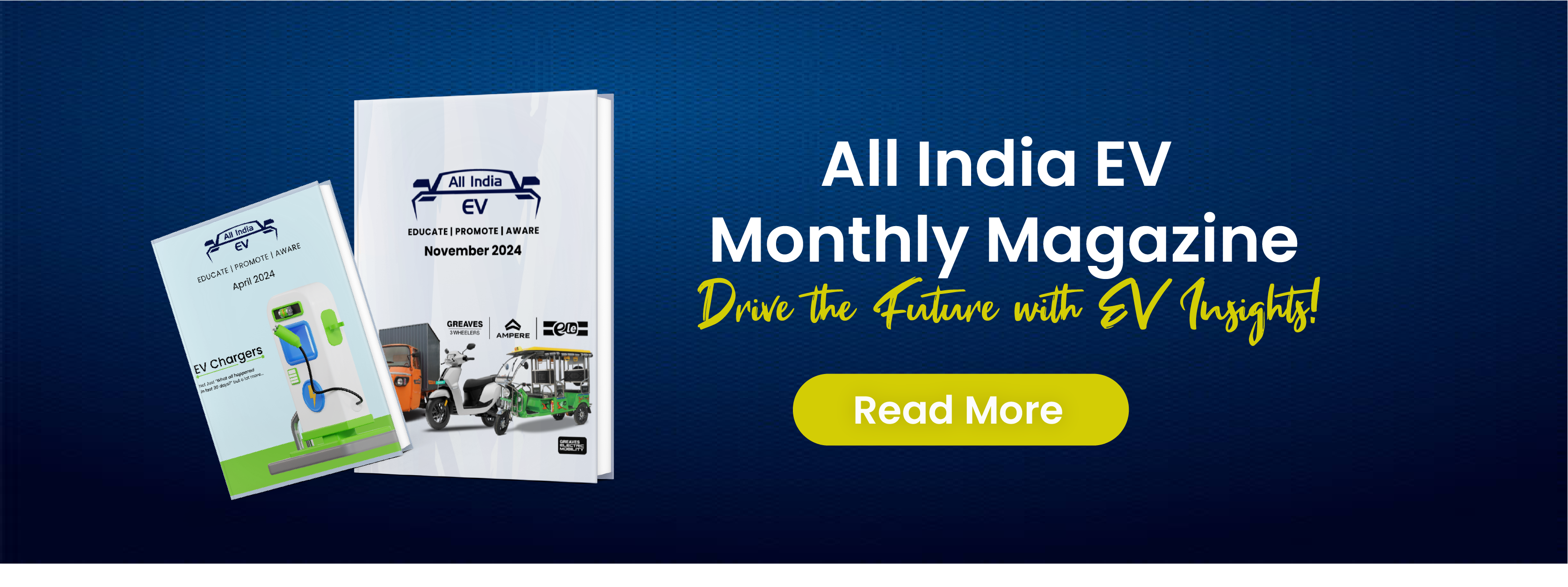
Toshiba’s made Cobalt-Free Lithium Battery
Cobalt Free Lithium Battery by Toshiba Corporation.
In the ever-evolving landscape of battery technology, Toshiba Corporation has emerged as a trailblazer with its latest innovation—an advanced lithium-ion battery that stands out in terms of performance, cost-effectiveness, and resource conservation.
Toshiba Corporation has developed a new lithium-ion battery using a cobalt-free 5V-class high-potential cathode material that significantly suppresses performance-degrading gases produced as side reactions. This battery can operate at a wide range of applications, from power tools to electric vehicles.
Toshiba’s revolutionary lithium-ion battery, featuring a cobalt-free 5V-class high-potential cathode, has the potential to reshape the global Electric Vehicle (EV) industry in profound ways. Let’s delve into the possible effects and challenges associated with this groundbreaking development:
Positive Impact of Cobalt Free Lithium Batteries
Cost and Environmental Impact Reduction:
🔺 By eliminating the reliance on cobalt and minimizing nickel usage, Toshiba’s battery addresses issues of supply-chain reliability, price fluctuations, and the environmental toll of mining pollution.
🔺 This shift could contribute to a more sustainable and cost-effective approach to battery production.
Expanded Range of EV Applications:
🔺 With the ability to operate across a broad spectrum of applications, from power tools and industrial equipment to electric vehicles, Toshiba’s battery opens up new possibilities for the EV industry.
🔺 This versatility could lead to the development of EVs tailored for diverse needs and industries.
Potential Challenges and Uncertainties:
Scalability and Commercialization:
🔺 While Toshiba has successfully prototyped a pouch lithium-ion battery, there is a lack of information regarding mass production plans or commercialization strategies.
🔺 The industry eagerly awaits details on how this breakthrough will transition from prototype to widely available product.
Compatibility and Integration:
🔺 The distinctive voltage and chemistry of Toshiba’s battery may pose challenges in terms of compatibility and integration with existing EV models and infrastructure.
🔺 Adapting the technology to align seamlessly with current standards will be a crucial aspect of its successful adoption.
Regulation and Standardization:
🔺 The introduction of a novel battery necessitates new safety and performance tests and certifications from various authorities and markets. Achieving regulatory approval and standardization is a vital step in ensuring the battery’s acceptance and widespread use.
The Road Ahead:
Toshiba’s innovative lithium-ion battery holds immense promise in steering the EV industry towards a more sustainable, cost-effective, and high-performance future.
However, as with any transformative technology, overcoming challenges and uncertainties is essential for widespread adoption. The potential benefits, including increased affordability and attractiveness of EVs, signal a positive trajectory towards achieving carbon-neutrality and fostering a circular economy.
As we await further developments, the industry anticipates how Toshiba’s breakthrough will shape the future of electric mobility.

